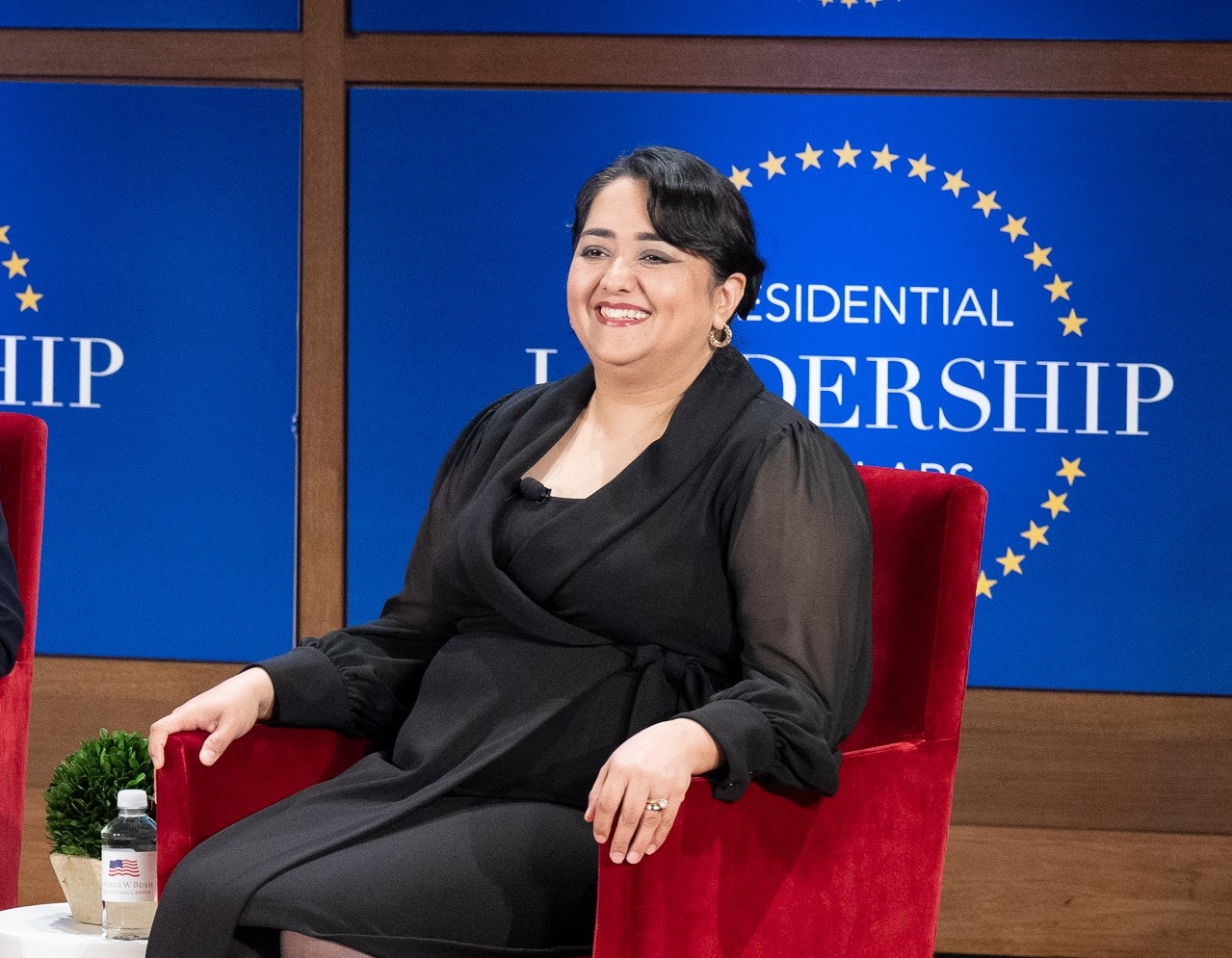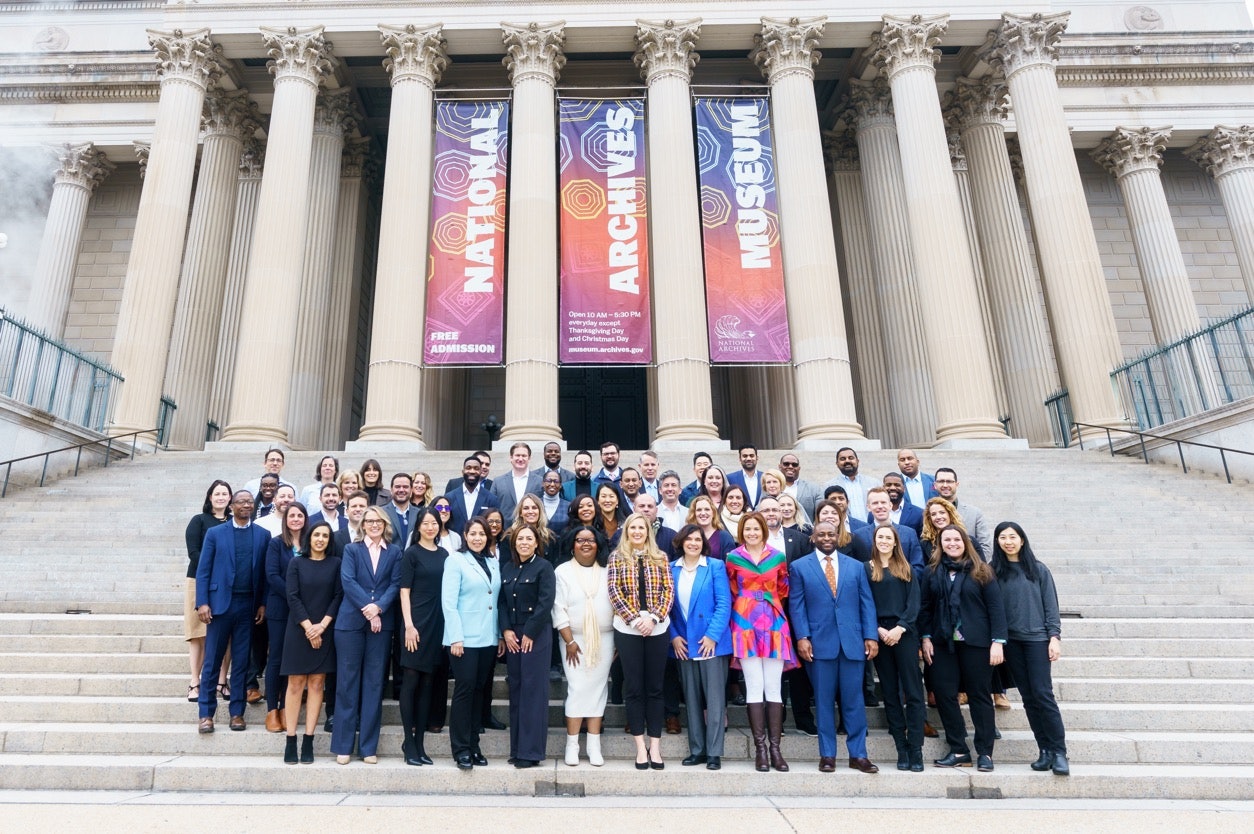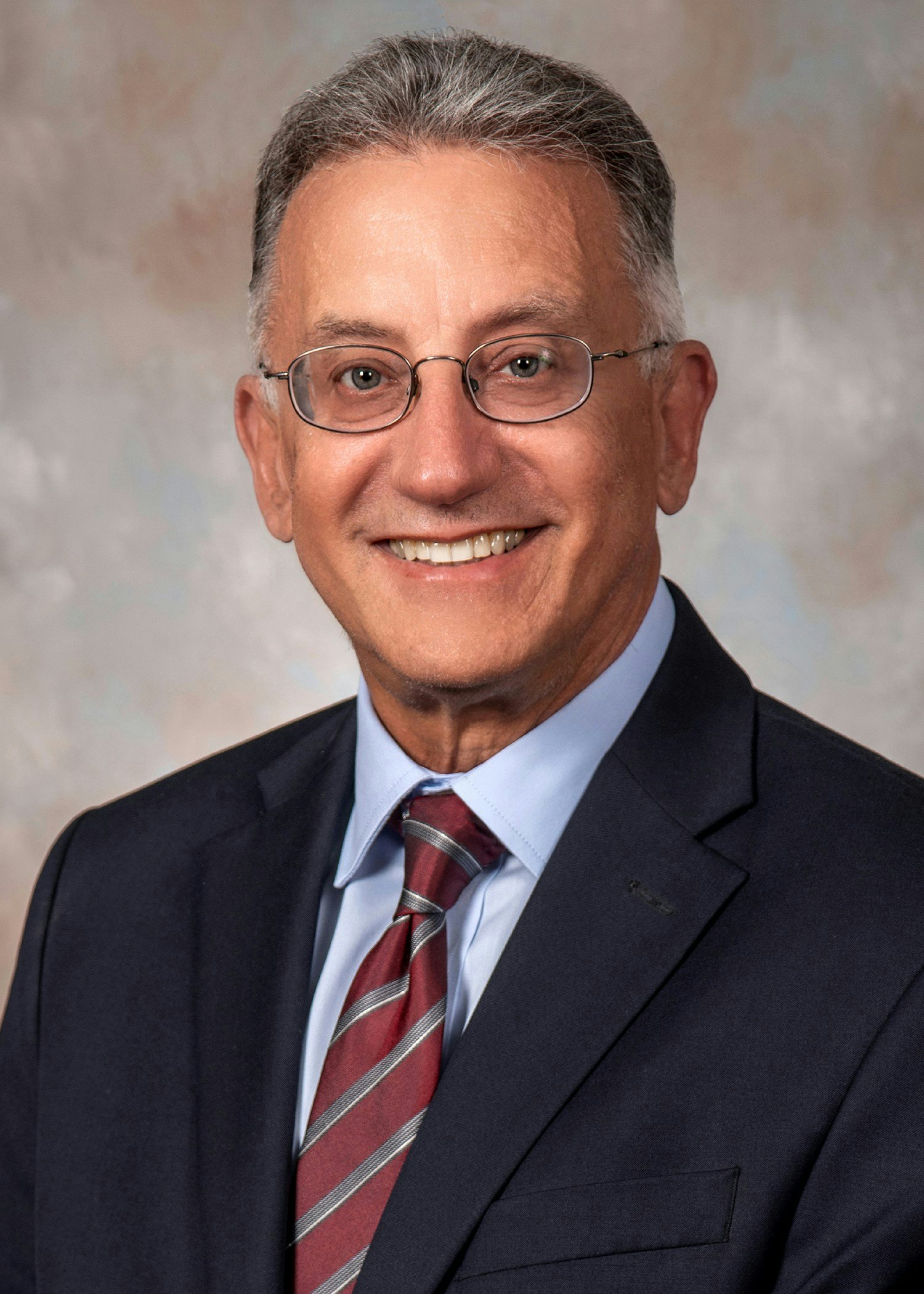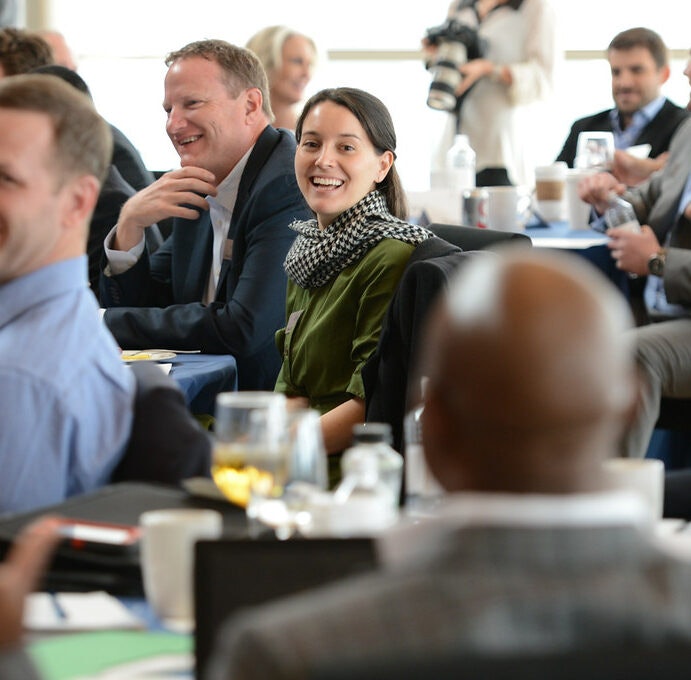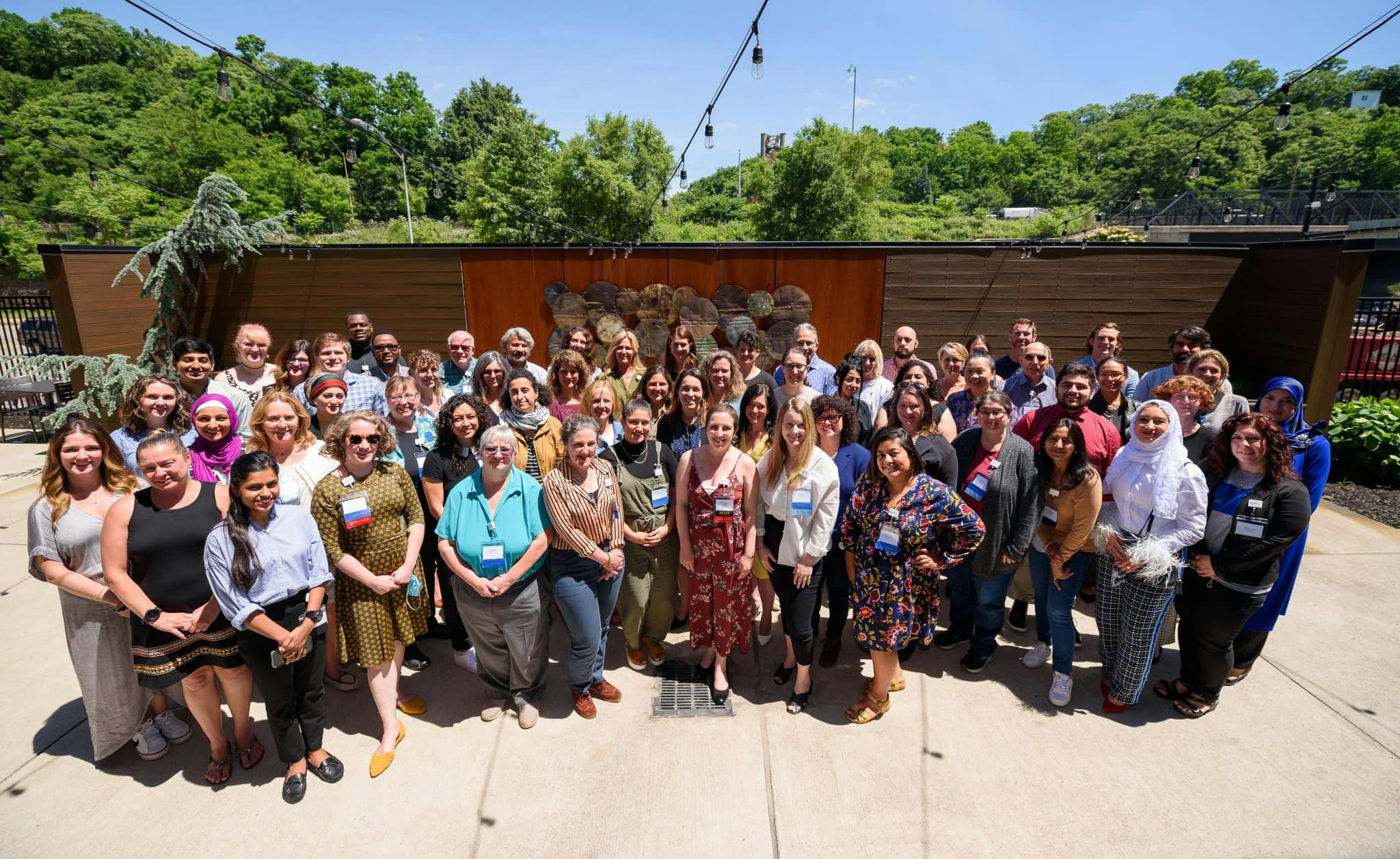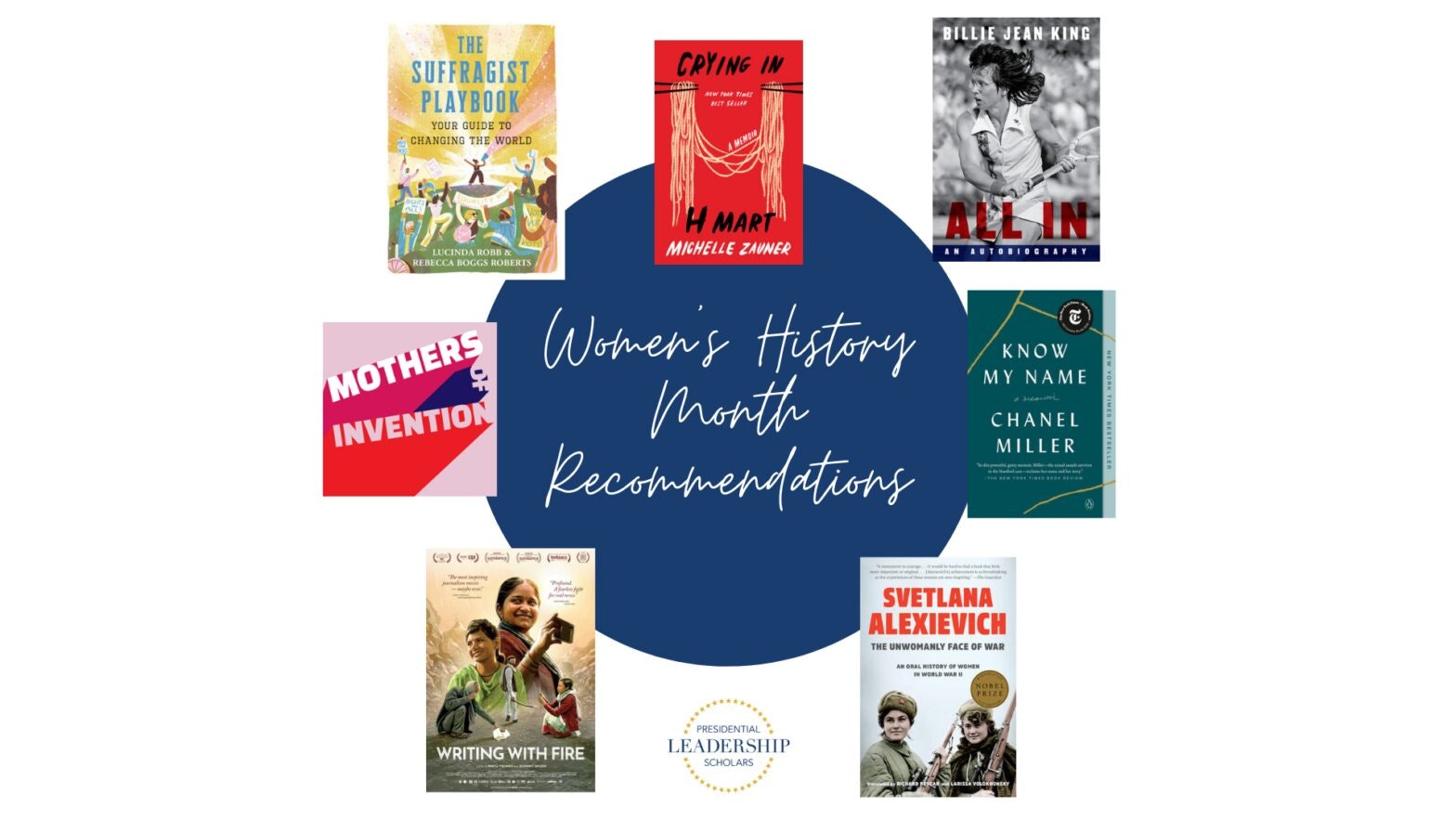In this Presidential Leadership Scholar spotlight, Scott Hadland, Pediatrician and Chief of Adolescent and Young Adult Medicine at Massachusetts General Hospital, discusses his passion for addressing medical and mental health needs of youth, and the lessons he learned in the Presidential Leadership Scholar Program.
Please tell us a little bit about yourself and your personal leadership project (PLP).
I’m a pediatrician and since 2021 have served as Chief of Adolescent Medicine at Massachusetts General Hospital and Harvard Medical School, where I lead a team of doctors, nurses, social workers, psychologists, dieticians, and other professionals that together address the medical and mental health needs of more than 2,500 youth across New England.
I specialize in addiction care for teens and young adults up to age 30 and lead research on youth mental health and substance use through [National Institutes of Health]- and [Centers for Disease Control and Prevention]-funded studies. To date, we have secured more than $7 million for our work, which uses “big data” to generate timely, actionable research to drive health policy decisions. Throughout, our work shines a light on health disparities by race, ethnicity, LGBTQ community membership, socioeconomic status, and geography and strives to maximize health equity.
My personal leadership project (PLP) was to build a Youth and Family Advisory Board to ensure community engagement at every phase of our research. I’m keenly aware that researchers like me often conduct studies that are highly specialized, written for a medical audience, and disconnected from the realities of people living in the real world. With the support and guidance of the PLS program, our research team built our Advisory Board, and we now meet monthly. We have been engaged at every phase of our work – including the development of our mission, vision, and values and our overarching research agenda. Our partnership is co-created, co-equal, inclusive, and culturally centered, with shared governance. Together, we are working hard to deliver key data to impact policy and address the nation’s youth mental health and overdose crises.
Please give us an update on what you have been working on since completing the Presidential Leadership Scholars program.
My focus has been on stemming the tide of youth overdoses. Since 2019, adolescent overdose deaths have more than doubled, and overdoses now claim the lives of the equivalent of a high school classroom of teens every week across the U.S. During the PLS program, I testified to the U.S. Food and Drug Administration in support of making the overdose reversal agent Narcan available over the counter, shifting it from a medication that needed a doctor’s prescription to one that can be purchased by anyone at a pharmacy, grocery store, or gas station. Our advocacy was successful, and, in August, Narcan became available in CVS, Walgreens, Rite-Aid, and Walmart stores nationwide. Now we’re working hard to help teens and their families know about Narcan and ensure that they have it at home, since that is where two-thirds of youth overdoses happen.
Which lessons learned during the Presidential Leadership Scholars program have stayed with you the most, and how have you put those lessons into action?
The PLS program emphasizes the importance of sharing real-world stories to influence decision-makers. As a researcher, I’m always armed with compelling data that illustrate the points I want to make – the number of teens who struggle with mental health problems or addiction, or who overdose…. But as a doctor, I have deeply personal stories – the patients who have died or who have overcome what seemed like unconquerable challenges. It’s these stories that have proven the most effective at helping me drive change – something I observed firsthand while advocating to the FDA to make Narcan available over the counter and then again while trying to help educate youth and families on this key policy change.
What drove you to become an advocate for and expert in teenage addiction and mental health treatment?
When I was in medical school in the early 2000s, I was inspired by doctors who worked to address the global HIV crisis. I was struck by their drive to work in an underserved area of medicine – one that required not just cutting-edge medical knowledge but also the need to understand the psychosocial and economic circumstances of the patients they wanted to help. These doctors also fought against widespread stigma in our society against people with HIV. I became a pediatrician because I love working with young people, and I quickly realized that youth who use drugs needed the kind of doctor I had seen role-modeling to me and which had so deeply inspired me. After pediatric residency, I pursued subspecialty training in adolescent and addiction medicine so that I could have the knowledge and skills needed to help them.
Our country is facing an opioid overdose crisis, and you are particularly focused on how this is affecting teens. What steps are you taking to address this issue, and what should our communities be focusing on to best help our youth struggling with addiction and mental health challenges?
The overdose reversal agent Narcan is a critical tool to addressing teen overdoses. We’re working hard to raise awareness so that families keep Narcan in their homes, just like they do a fire extinguisher – a tool that you hope to never have to use but always want to have on hand in case of an unexpected emergency. But we need to do much more. We need to work upstream in this public health crisis, addressing the precursors of drug use, ensuring high-quality and accessible treatment for mental health problems like depression, anxiety, and [post-traumatic stress]. And we need to work even further yet upstream, addressing the social drivers of mental health, by ensuring that families have housing, steady incomes, high-quality education, and access to health care. Our team is working hard to share cutting-edge research – and share the real-world stories – that compel policymakers to make the changes our country needs.
What do you think is not getting enough attention in regard to the health and safety of our nation’s youth?
Most youth are healthy, well, and thriving! We (and I include myself in this) often focus on the adverse outcomes youth experience – mental health problems, addiction, overdose. But, in reality, most youth are well, and important public health successes (including the fact that fewer youth use drugs or alcohol now that at any time in three decades!) don’t get enough attention. Teens have been through so much in recent years, including a global pandemic that kept them out of school, isolated from friends, and away from activities that they love, and yet still most are doing exceptionally well. This shows how resilient teens are and gives me hope for positive change that we can make together.





